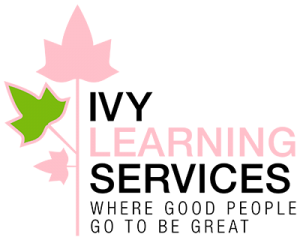It’s Okay to Be “Soft”: (Cultivating Soft Skills)
Although schools tend to focus more on reading, writing, and core academic subjects, that alone won’t cut it when it comes to college success, the professional world, or life in general. No matter how smart or knowledgeable you are, or how impressive your resume turns out to be, it means nothing if you don’t have the “soft skills” to match. But, what does that even mean?
Cultivating “soft skills” are equally as important as the hard ones. They are the character traits and interpersonal skills that characterize a person’s ability to communicate well with others. Internal soft skills are about “how you interact with yourself,” while external soft skills are all about “how you talk to and handle the people around you.” Some of these qualities include:
Empathy, which allows us to feel where people are coming from. In doing so, you are able to understand and adapt to situations accordingly.
Ability to influence, compromise, and persuade is a learned skilled many lack. This provides beneficial especially in the workplace.
Emotional Intelligence is not only being aware of your emotions, but being in control of them as well, while building meaningful relationships with others.
Curiosity and Positivity is seeking all the knowledge you possible can in order to perform at the best of your ability while keeping an optimistic outlook.
Listening to others, you just might end up learning something.
Communication Skills also includes speaking thoughtfully with respect to other people’s feelings and opinions.
Problem-Solving is working out unexpected issues on your own, or in team settings.
Resilience means staying true to your choices and seeing them through. No matter the outcome, there is always something to learn.
Observation is one of the most important soft skills because it is the window into everything around you. Paying close attention to those small, but decisive details allows you to stop potential problems before they become serious.
Asking Questions often leads to answers. We learn best from other people. Asking for input on your ideas is a great way to connect with others.
Making Recommendations is speaking what’s on your mind. It also demonstrates great courage.
Building Relationships is the key to success. “Teamwork makes the dream work.”
Self-Awareness skills help us recognize our own behavior in different situations, and the effect it has on ourselves and others.
Like with anything, the more you work on something, the better it becomes, which is why it is important to help students acquire these skills early. One way to do so is simply by being an example. As adults, we should all be displaying these traits anyway. Teachers should encourage trust, initiative, and taking risks, as well as assist students in taking on different roles. Creating opportunities for students to innovate, both on their own and in groups is also another way teachers can help cultivate these skills.
How are you teaching soft skills in your classroom?






